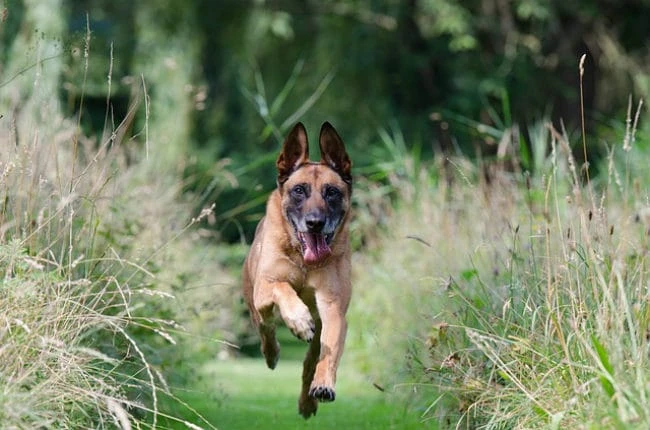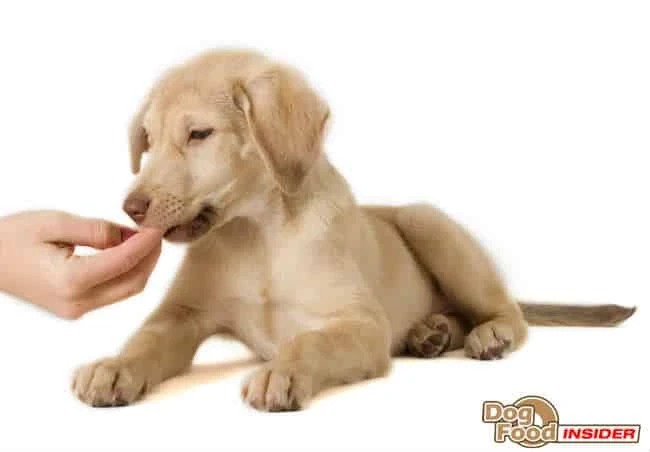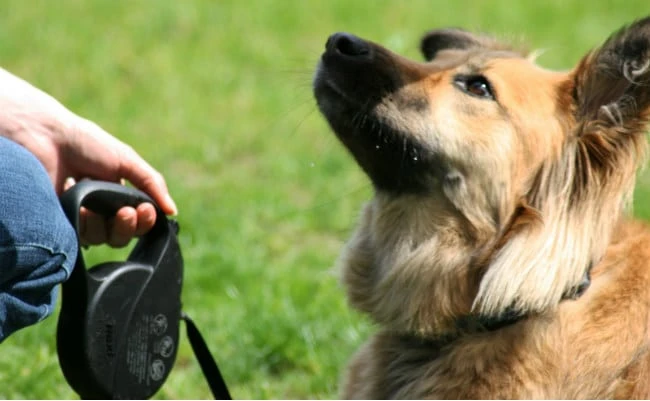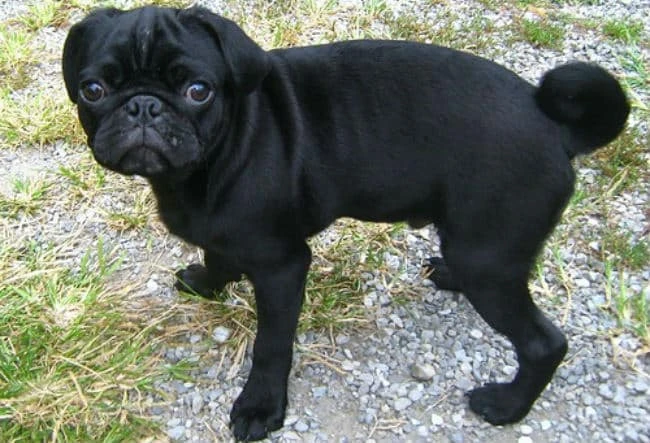Training Yorkshire Terriers – How do you Obedience Train a 3 year old Yorkie?
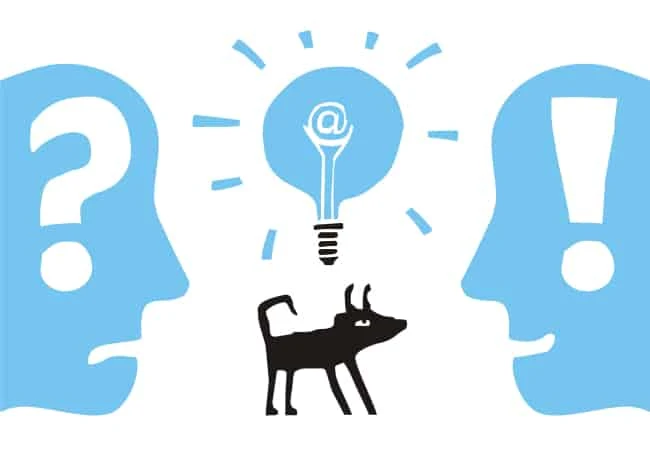
by Jordan
(United States)
Our Yorkshire Terrier’s name is Max. He was tossed around from family to family before we got him. He was around 2 1/2 when we got him in August of 2010. At this moment he is growling at me because I stopped him from chewing on his nails. I LOVE him to death, he is so sweet when he wants to be – but also mean when he wants to be.
Our Response
Hi training Yorkshire Terriers is very much the same as training any other breed – (although Yorkies are thought to be a little more stubborn). When obedience training any dog you need to be fair, patient and consistent at all times – your dog will respect you for it. Take your dog on regular walks and use this time to reinforce positive behavior and ignore negative behavior. If your dog is growling at you this is not acceptable and there may well be a reason for this behavior to have started – for example rescue dogs especially those that have been with more than one family are very prone to developing behavioral problems.
Dogs start growling for a variety of reasons – you get two types – the playful growling that you know and recognize as being safe and the more serious type of growling when the dog’s body starts to tense, eye contact is straight into the eyes – this is when the dog is ready to bark or snap.
The best way to stop your dog growling is to let him know that you are the boss (alpha male and pack leader). Do this by eating first, never allowing your dog through the door before you, never feed your dog from the table or on a higher level or let your dog sleep in your bed of on the furniture (remember the pack leader when dogs were wild many centuries ago would never allow other members of the pack to sleep in their bed or eat their food).
Use treats to stop growling or unacceptable behavior – so if your dog is growling when he is on the sofa – use a treat to coax your dog off – and reward when your dog stops growling. If your dog starts growling when he is on your lap – remove the treat of being on your lap and put him back on your lap when he is quiet.
